Published since 2019 by the Fair Winds Foundation and Association of Foreign Relations, Taiwan Weekly provides in-depth report and analysis of the major issues facing Taiwan.
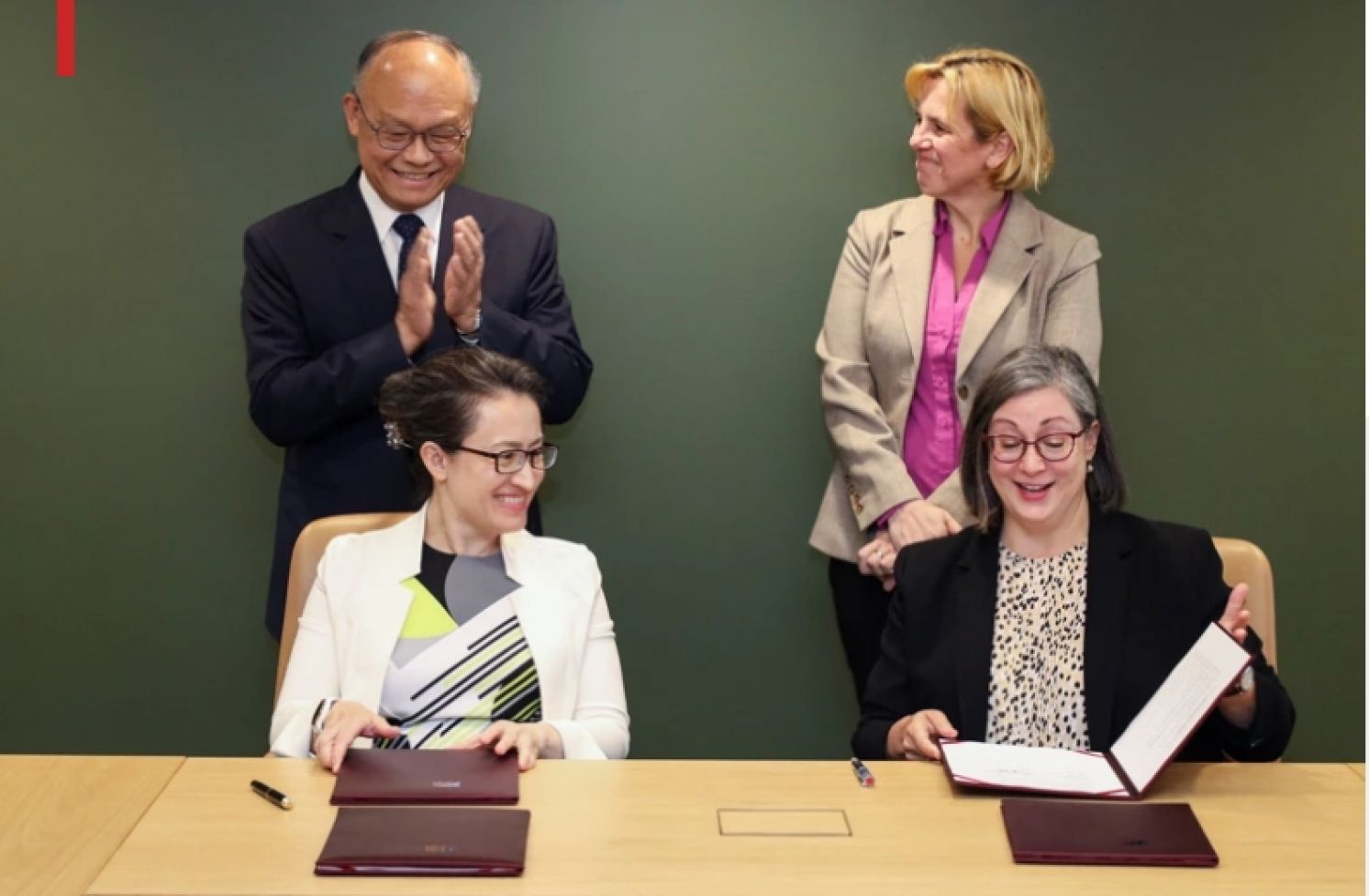
U.S.-Taiwan Trade Agreement Lacks Substantive Benefits
Representatives from Taiwan and the United States signed the first agreement under the "U.S.-Taiwan Initiative on 21st Century Trade" on June 1, 2023.
Details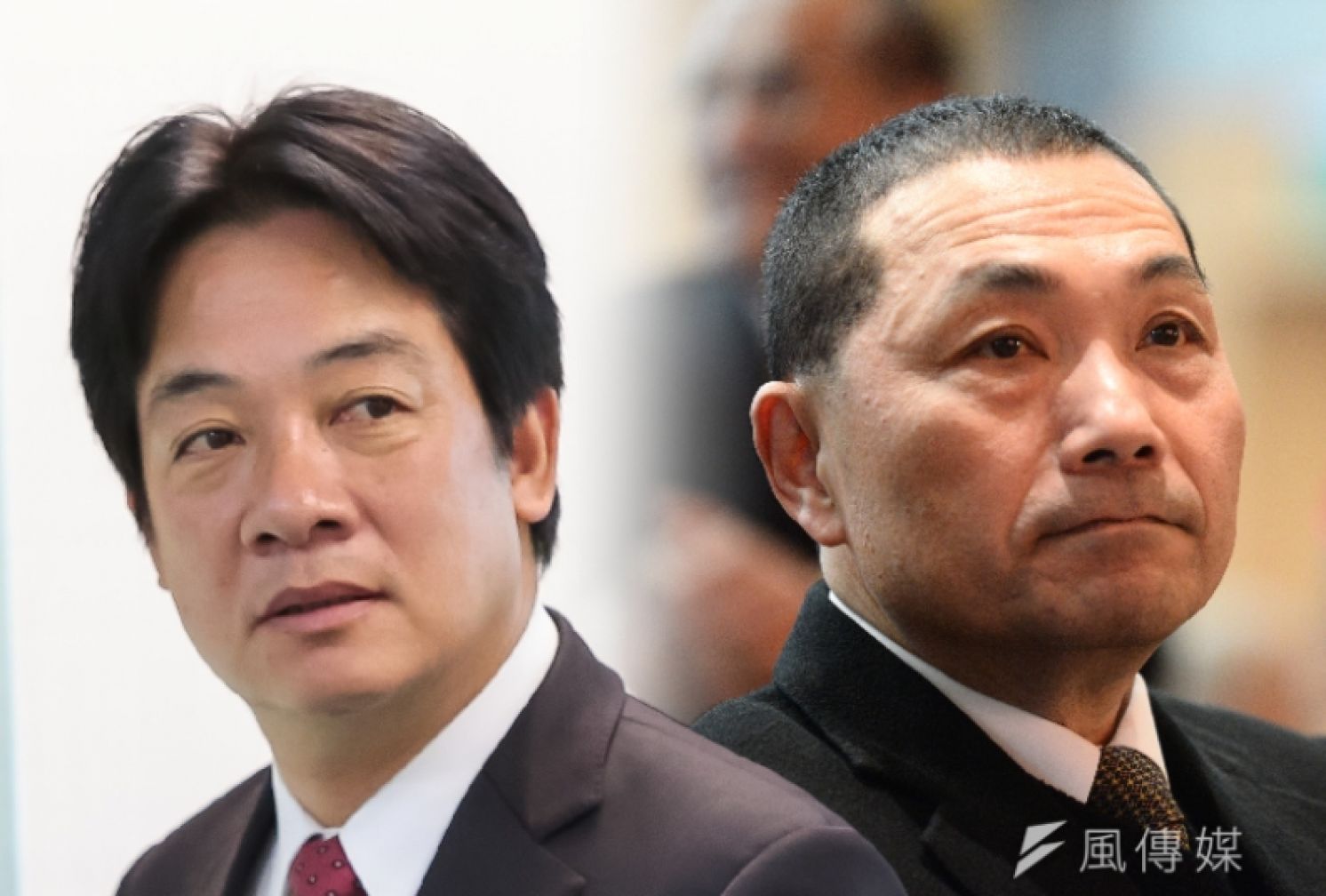
This Week in Taiwan 0528-0603
May 29: Semiconductor company MediaTek and NVIDIA officially announced their cooperation. The two companies will join hands to enter the automotive market. Focusing on smart cars, the integration of NVIDIA GPU technology in automotive system-on-chips (SoCs) will aim to create a new-generation all-round smart cabin with both artificial intelligence capabilities and safety features.
Details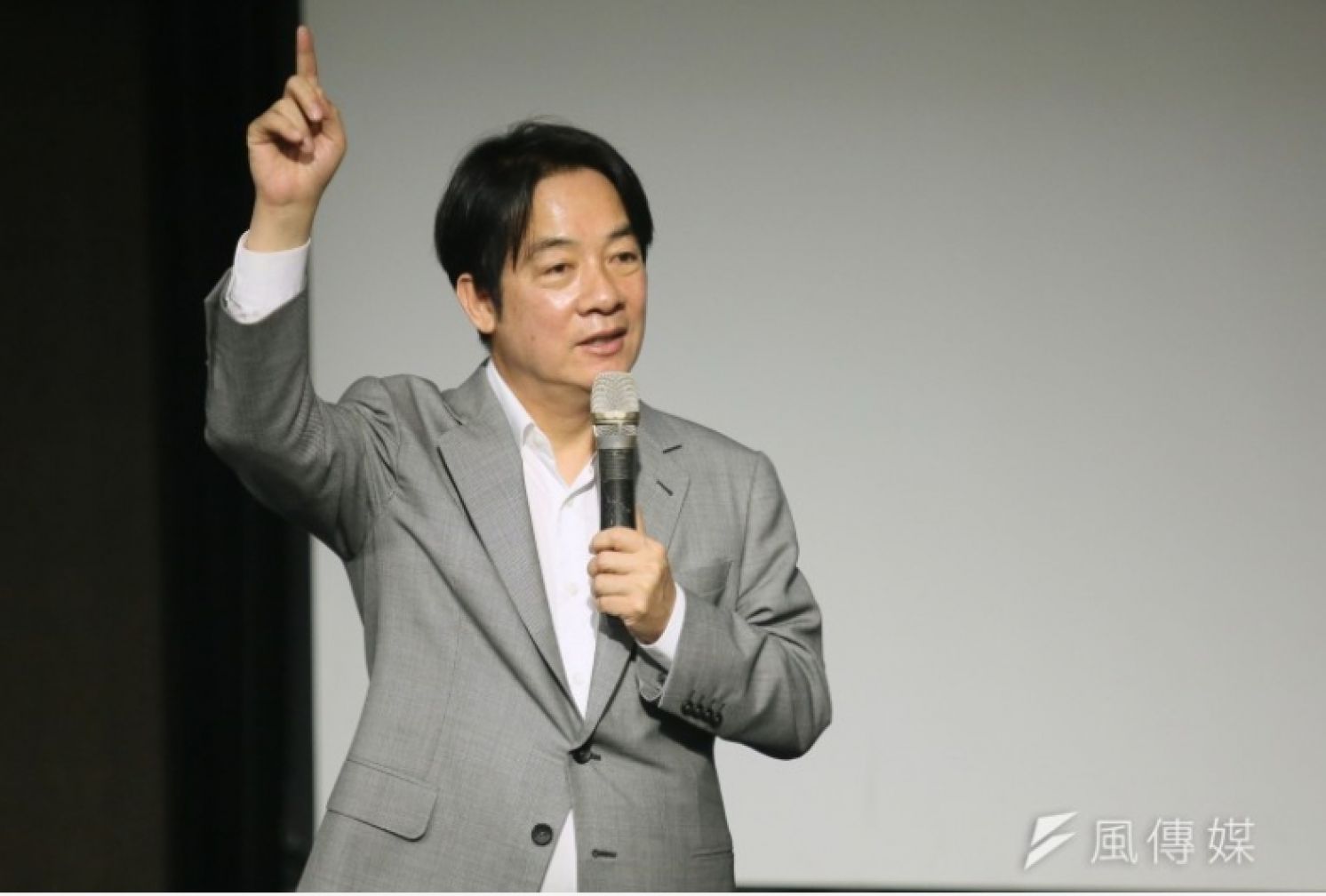
Why Lai, Who Never Doubts the U.S., is Being Doubted by the U.S.
The recent remarks of William Lai, presidential candidate of the Democratic Progressive Party (DPP), describing the cross-strait relationship as “the federation of brothers” have encountered harsh criticism.
Details
im.B Fraud Case Shows How the DPP is Sinking
The "im.B fraud case" is experiencing a snowball effect.
Details
Budget for Domestic Mass Production of Submarines Should be Executed Step by Step
When to compile the budget for the next self-made submarines has become a contentious issue recently in Taiwan.
Details
This Week in Taiwan 0521-0527
May 22: The Department of Statistics, Ministry of Economic Affairs (MOEA), announced that value of export orders in April was US$42.4 billion, a decrease of 18.1 percent compared with the figure during the same period last year and a decrease of 8.8 percent compared with that in March. With eight consecutive months of negative export growth and a prediction by the MOEA that a double-digit percentage decline in exports will be observed in May, negative economic growth in the first half of the year is almost certain. Minister Kung Ming-hsin of the National Development Council stated that recovery and rebound should be observed in the fourth quarter at the latest.
Details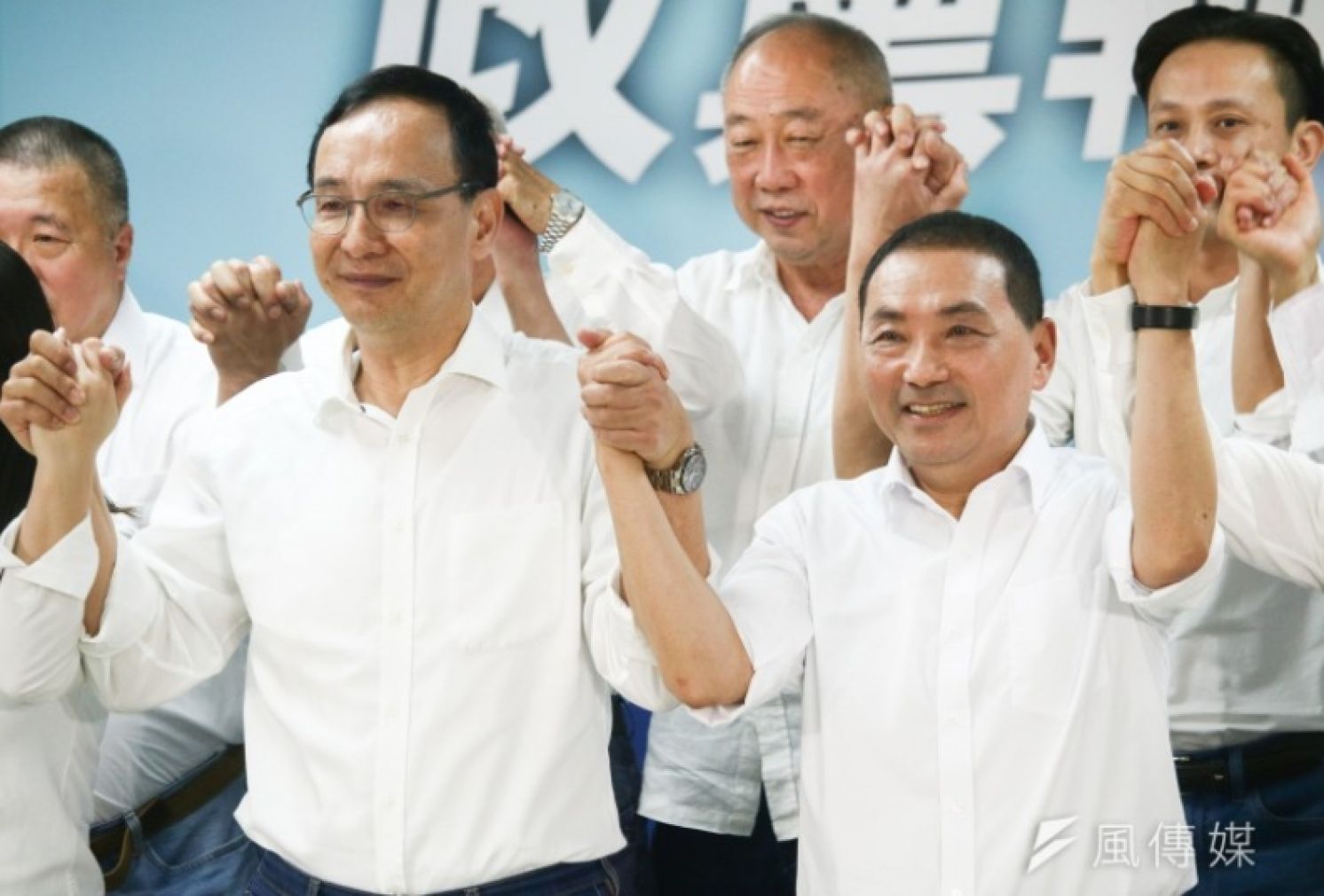
Having Defeated Domineering CEO, Iron-Blooded Cop's Next Challenge
Although Terry Gou, founder of Hon Hai Precision Industry Company (Foxconn), held four large-scale campaign rallies from southern to northern Taiwan in early May, and reached a climax with a "Peace Declaration" in Kinmen, he was eventually informed by the Chairman Eric Chu of the Kuomintang (KMT) that he will not be recruited as the party’s presidential candidate.
Details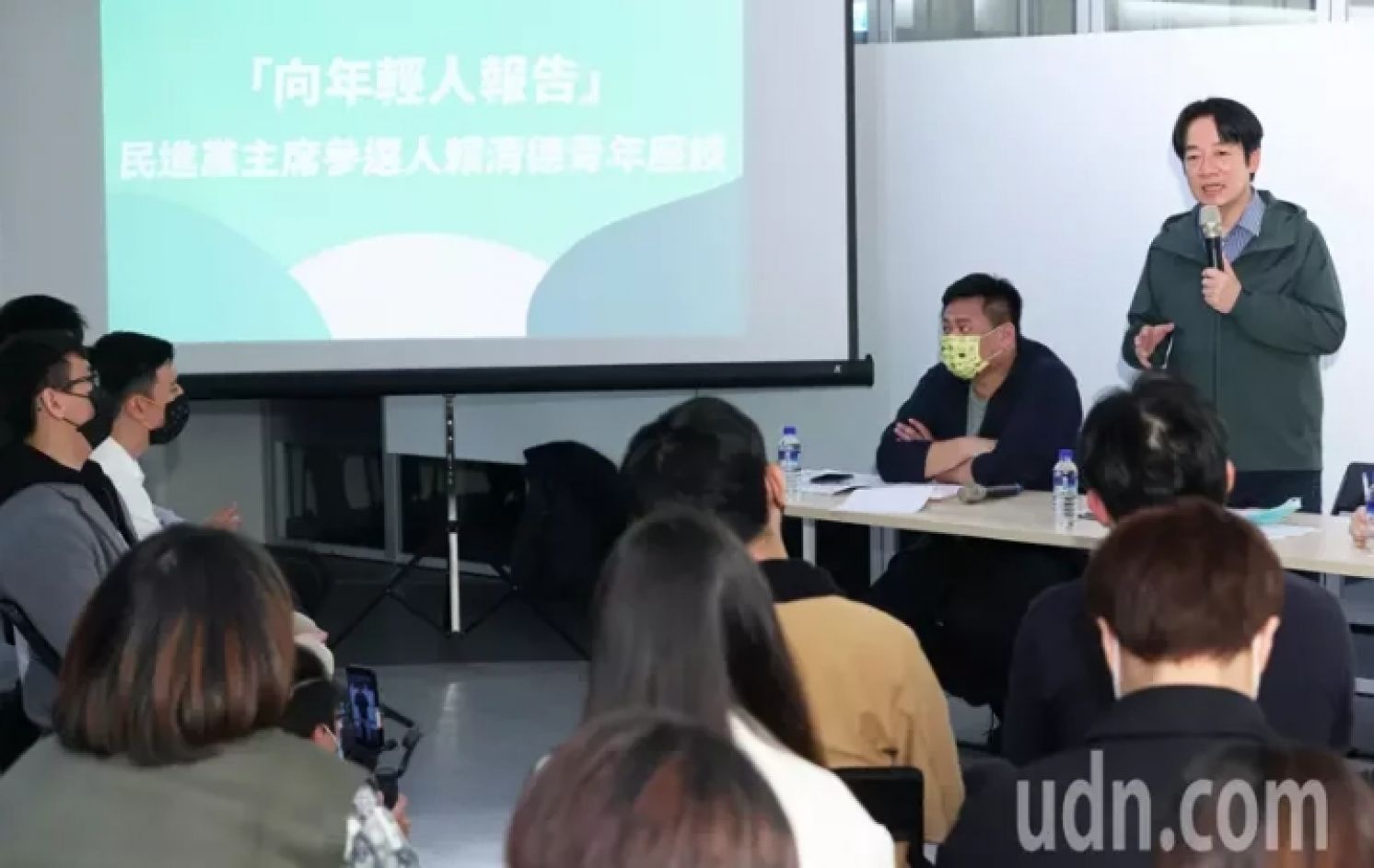
Why Don't Young Voters Like Lai?
Just like the statement by Chairman and presidential candidate William Lai of the Democratic Progressive Party (DPP) about how "housing prices are falling," saying that the young people do not like Mr. Lai would not be very accurate.
Details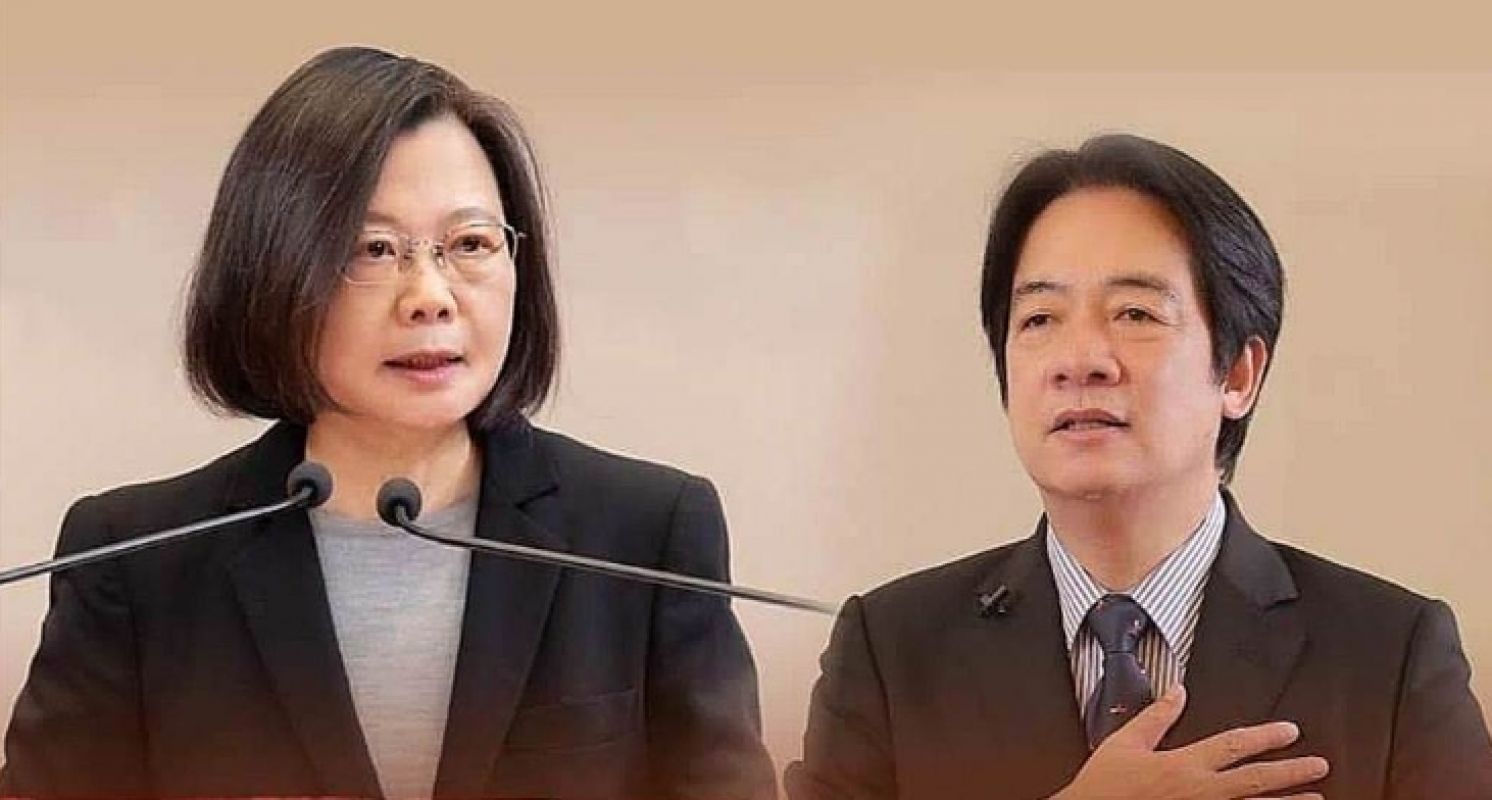
National Team Proliferation Syndrome:Administrative Incompetence Accumulating under Tsai Administration
During a campaign rally in Keelung on May 15, Vice President William Lai stated that if elected president, he would establish a special task force in the Executive Yuan to enhance cooperation between the central and local governments and address the issues of each county and city individually.
Details
This Week in Taiwan 0514-0520
May 14: The domestically-manufactured prototype of a submarine is expected to be launched in late September, and President Tsai Ing-wen will be invited to personally chair the ceremony. The Navy estimates that the submarine prototype will deploy 18 MK-48-6 heavy torpedoes in September 2024 and March 2025, with a maximum speed of 55 knots. The German-made SUT heavy torpedo used by submarines is 60 percent faster, and the maximum range is also increased by 25 percent.
Details- 1
- 2
- 3
- 4
- 5
- 6
- 7
- 8
- 9
- 10
- 11
- 12
- 13
- 14
- 15
- 16
- 17
- 18
- 19
- 20
- 21
- 22
- 23
- 24
- 25
- 26
- 27
- 28
- 29
- 30
- 31
- 32
- 33
- 34
- 35
- 36
- 37
- 38
- 39
- 40
- 41
- 42
- 43
- 44
- 45
- 46
- 47
- 48
- 49
- 50
- 51
- 52
- 53
- 54
- 55
- 56
- 57
- 58
- 59
- 60
- 61
- 62
- 63
- 64
- 65
- 66
- 67
- 68
- 69
- 70
- 71
- 72
- 73
- 74
- 75
- 76
- 77
- 78
- 79
- 80
- 81
- 82
- 83
- 84
- 85
- 86
- 87
- 88
- 89
- 90
- 91
- 92
- 93
- 94
- 95
- 96
- 97
- 98
- 99
- 100
- 101
- 102
- 103
- 104
- 105
- 106
- 107
- 108
- 109
- 110
- 111
- 112
- 113
- 114
- 115